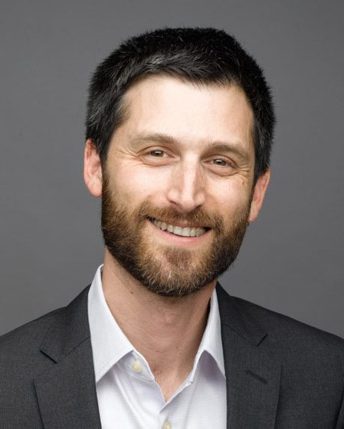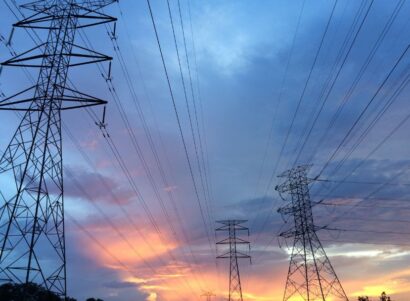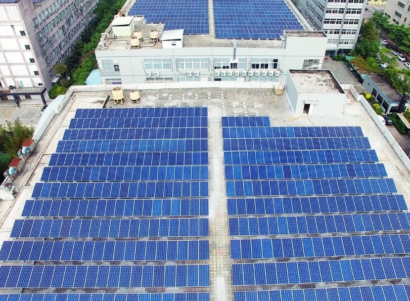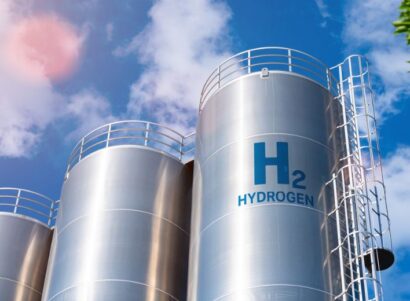PSE Energy Quarterly is the newsletter of Physicians, Scientists, and Engineers for Healthy Energy, a nonprofit research institute dedicated to supplying evidence-based scientific and technical information on the public health, environmental, and climate dimensions of energy production and use.
Letter from the Executive Director
We are truly living in an unprecedented time that requires an equally unparalleled response. PSE Healthy Energy is responding to both the COVID-19 pandemic and the Black Lives Matter movement with the care and empathy each deserves while our experts continue to deliver scientific research that helps to drive conversations, expose disparities, and challenge the norm to hold leaders accountable and inspire progressive change.
In light of recent police killings and brutality disproportionately affecting black and brown communities, PSE Healthy Energy stands in solidarity with the millions of people who have shown up in the streets, armed with information to demand change and remedy toxic and systemic racism present in this country and around the world.
Additionally, PSE has taken extra precautions to ensure that our employees and stakeholders remain safe during the COVID-19 pandemic.
The coronavirus pandemic is a unique human crisis with severe health and socioeconomic ramifications that PSE Healthy Energy takes seriously. In response to scientific data and government advice on this evolving situation, our staff collectively made the decision to continue operations during shelter-in-place measures by shifting all employees to work from the safety of their own homes.
Our response continues to be informed by the guidance of government and health authorities, including the Centers for Disease Control and Prevention and state and local health departments. As the national response to COVID-19 moves to a state-focused and phased approach, PSE will continue to monitor the situation and evaluate the current environment with the best interests of our staff and where they live. Additionally, we are reviewing meetings and events that are scheduled to take place within the coming months to find alternative solutions for in-person engagements. We will continue to update those involved as such decisions are made.
As always, our top priority is the health and safety of our staff, affiliates and the greater community. Thank you for your continued support during these challenging times.
Stay healthy and safe,
Seth B.C. Shonkoff, PhD, MPH
Executive Director, PSE Healthy Energy
NEWS BRIEFS
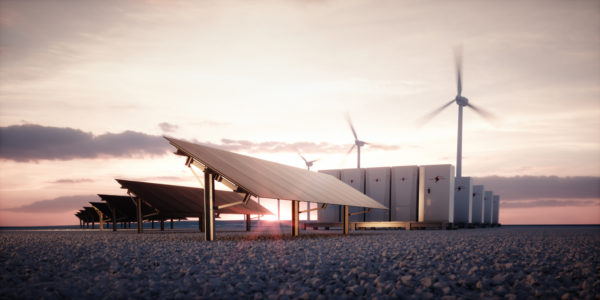
Energy Storage Peaker Plant Replacement Project
Following a soft release of initial findings in two states this past winter, PSE has now released its full Energy Storage Peaker Plant Replacement project. This effort identifies outdated and inefficient oil- and gas-fired peaker power plants across nine U.S. states that may be prime candidates for replacement with energy storage and other clean energy technologies and whose replacement may yield the greatest health, environment, and equity co-benefits.
Such environmentally-friendly replacements could benefit communities disproportionately impacted by high-emitting energy production and align with strategic energy goals set forth by state leaders.
These findings include state-level summaries and interactive data visualization tools for Arizona, California, Florida, Massachusetts, Nevada, New Jersey, New Mexico, New York, and Texas and technical documentation summarizing data, methods, and the policy and electricity market landscape.
Read additional coverage in Green Tech Media, Wired, Grist, and PV Magazine.
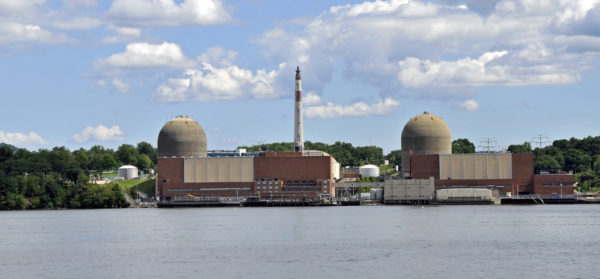
Evaluating Renewables, Storage, Energy Efficiency to Offset Indian Point Retirement
In advance of the Indian Point nuclear power plant retiring its two reactors, PSE Scientist Annie Dillon published a research brief evaluating the potential for renewables, storage, and energy efficiency to offset retiring nuclear power generation in New York.
To mitigate climate impacts, New York will need to offset the loss of carbon-free energy with renewables and energy efficiency rather than rely more heavily on natural gas generation. The brief finds that ongoing deployment of renewable energy and energy efficiency resources in line with New York’s 2025 clean energy targets will contribute nearly three times the annual energy currently supplied by Indian Point. Rapidly deploying renewable resources and energy efficiency, the brief explains, will improve air quality, enhance grid resilience for New Yorkers, and set a precedent as other nuclear and fossil fuel-based power plants retire across the state.
Learn more about this project or read the news story in the Associated Press.

Richmond Air Monitoring Network and Cleaner Air During Bay Area COVID-19 Lockdown
PSE’s network of air monitors in Richmond, CA detected measurable changes in air quality during the Bay Area’s response to the global pandemic. Early evidence suggests that the region’s shelter in place order, along with the associated social and economic changes, temporarily reduced nitrogen dioxide and fine particulate matter pollution in the area — but PSE scientists Audrey Smith and Boris Lukanov caution that there is a catch.
Follow our data collection efforts that aim to better understand the distribution of poor air quality and to inform efforts to reduce air pollution exposure on our recent news and updates page.

Richmond Air Monitoring Network News and Updates
We are thrilled to announce that PSE was awarded a 2019 California Air Resources Board (CARB) Community Air Grant to continue to grow our Richmond Air Monitoring Network and continue to work with the Asian Pacific Environmental Network (APEN) and other community organizations to monitor local air quality. This research will expand upon the PSE Richmond Air Monitoring Network by deploying a dense network of black carbon sensors throughout Richmond, North Richmond, and San Pablo in collaboration with researchers at Lawrence Berkeley National Laboratory. Black carbon is a strong greenhouse pollutant, and is health damaging. In addition, black carbon monitoring offers unique opportunities to track where particulate pollution is emitted from, further enabling our team to identify opportunities for emission reductions that will result in climate and human health benefits.
Over the course of this two-year air-monitoring study, PSE will conduct and analyze the spatial patterns of local air pollution, assess the distribution of air pollution sources throughout the area, and track emission changes from varying transportation patterns, refinery operations, and other industrial activities.
We Are Growing!
Please welcome our newest PSE staff member Drew Michanowicz and PSE Board Member Jake Hayes!
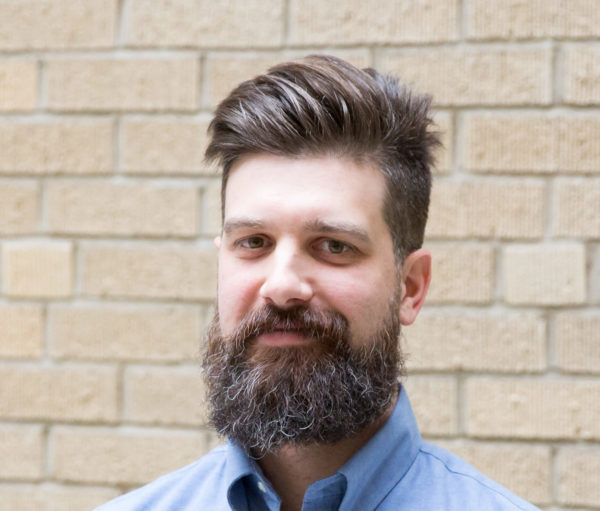
Drew Michanowicz, DrPH, MPH, CPH, is a nationally board-certified public health practitioner and joins PSE Healthy Energy as a senior scientist. Coming to PSE from his previous position as a research scientist in the T.H. Chan School of Public Health at Harvard University, Drew is trained in environmental and occupational health. His research centers on the poorly communicated human health and safety costs of our present and future energy choices. Given the current political climate, Michanowicz says that he is looking forward to focusing on energy equity issues as they relate to climate change.
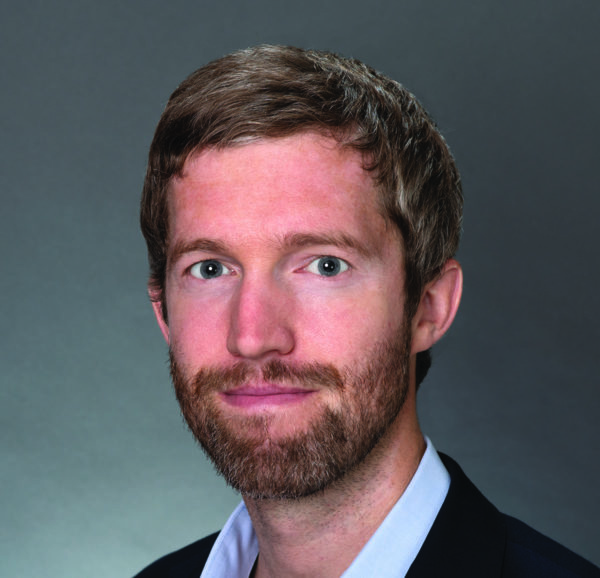
PSE is thrilled to welcome back one of its first employees, Jake Hays – this time as our newest Member of the PSE Board of Directors. Based in New York City, Hays is an associate at Goodwin Procter LLP in the firm’s Business Law Department and a member of its Technology and Life Sciences practice group. His work focuses on general corporate representation, venture capital financings, mergers and acquisitions, and public offerings.
With experience working on public health, environmental, and ethical issues surrounding unconventional oil and gas development, Hays adds that he looks forward to contributing to PSE work that focuses on equity and environmental justice.

